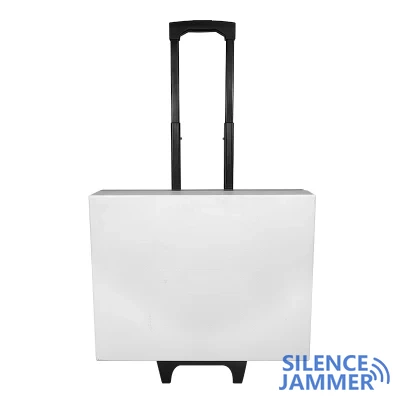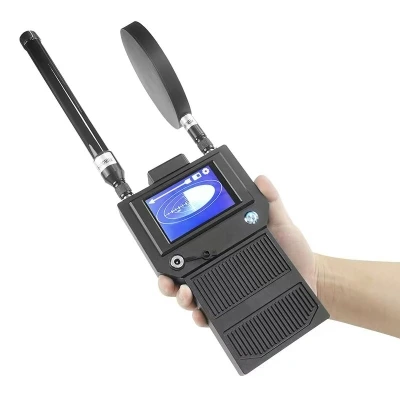The Dominican Republic recently proposed a draft bill to use signal jammers to block mobile phone signals in the country's prisons. Attorney General Jean Alain Rodríguez introduced the proposal in the House of Representatives with the goal of preventing organized crime in prisons.
Draft details and expected implementation
According to the draft, the major mobile phone operators (Claro, Altice and Viva) will be responsible for implementing the plan. However, the specific implementation and technical details are still unclear. Supporters of the proposal say that if the draft is approved by Congress, it will effectively combat illegal activities, especially in crime-prone areas such as prison centers. The spokesperson for the proposal pointed out that prison centers are the main source of illegal activities, so measures need to be taken to effectively control them.

Impact of signal jammers
In some prisons where signal blocking has been implemented, neighboring residents have complained that mobile phone signals are interfered with, preventing them from using communication services normally. This situation shows that signal blocking measures may have a negative impact on communications in surrounding communities.
Legal and ethical issues: disputes over infringement of rights
- From a legal perspective, prison signal blocking measures may cause controversy over prisoners' communication rights. Critics believe that such blocking measures may violate prisoners' basic communication rights and cause trouble for police officers inside prisons. In addition, the implementation of these measures may also affect the daily work and communications of prison staff.
- The issue of responsibility for implementing signal blocking has also caused controversy. Operators complain that the responsibility for ensuring public safety should not be borne by them, while authorities believe that operators have an obligation to provide necessary support when requested. This disagreement is particularly prominent in discussions in Costa Rica, where a similar blocking law has been in effect since mid-2018, and operators face strict compliance requirements and fines.
Similar cases in Latin America
In Latin America, El Salvador is a notable example, which has included signal blocking measures as part of its prison law and requires operators to ensure that there are no communication signals in prisons, otherwise they will face fines.
The Dominican Republic will obviously face similar debates and controversies involving discussions, complaints from operators, and respect for prisoners' rights. How to find a balance between ensuring safety and maintaining rights will be a key challenge for the future implementation of this proposal.




